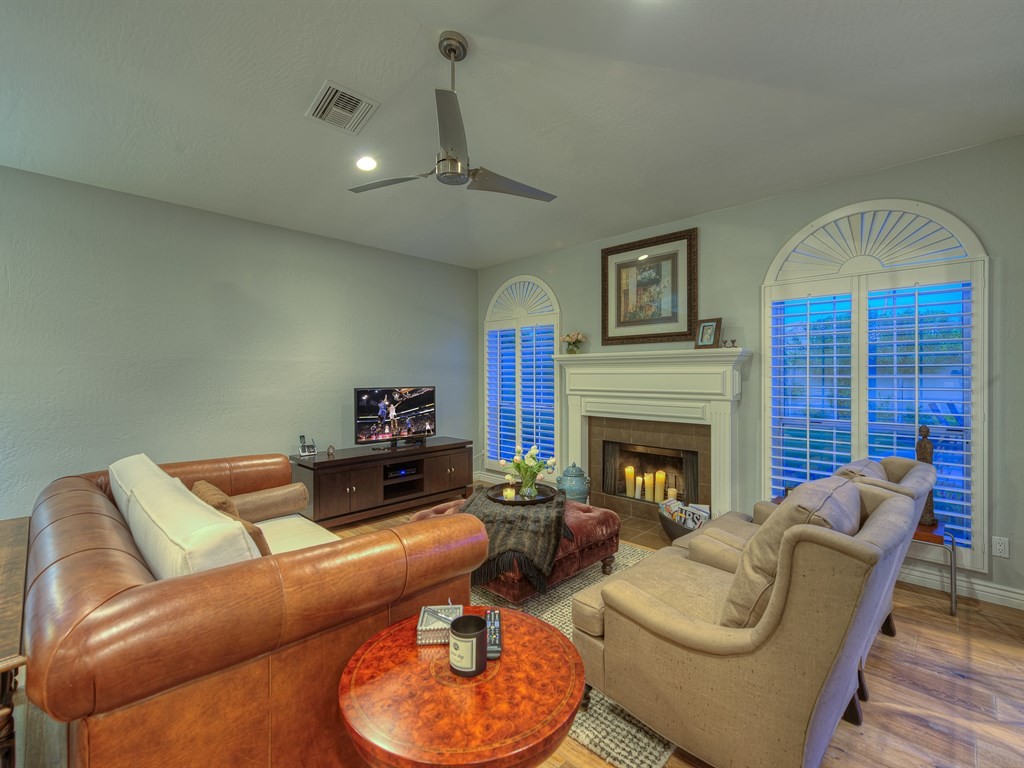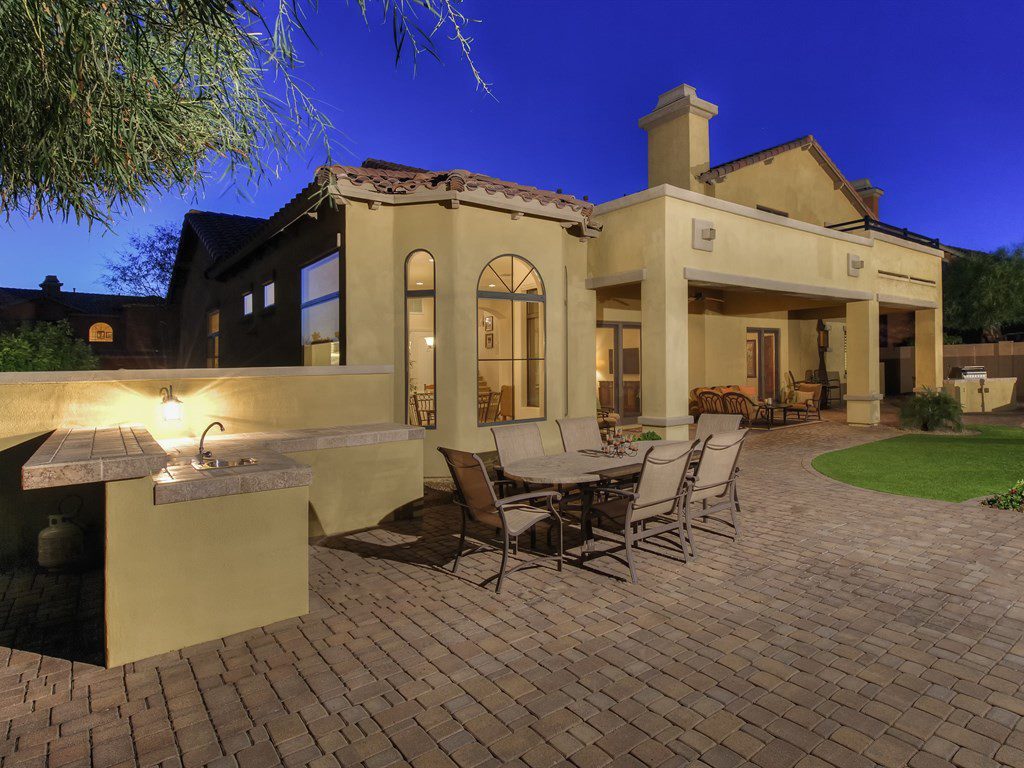 By Joe Szabo, Scottsdale Real Estate Team
You’ve got your sunscreen out, your watermelon sliced, and your grill smoking. No matter if you’re on a balcony, patio or urban roof deck, outdoor entertaining is the best.
While you’re gathering supplies to enjoy a lemonade or ice cold brew with friends and neighbors, pick up a few decorative add-ons to enhance your outdoor space. Setting the mood for a party in the sun or under the stars is easy with these tips and treasures.
By Joe Szabo, Scottsdale Real Estate Team
You’ve got your sunscreen out, your watermelon sliced, and your grill smoking. No matter if you’re on a balcony, patio or urban roof deck, outdoor entertaining is the best.
While you’re gathering supplies to enjoy a lemonade or ice cold brew with friends and neighbors, pick up a few decorative add-ons to enhance your outdoor space. Setting the mood for a party in the sun or under the stars is easy with these tips and treasures.
Deck Out Your Patio for Summer By Joe Szabo, Scottsdale Real Estate Team
 By Joe Szabo, Scottsdale Real Estate Team
You’ve got your sunscreen out, your watermelon sliced, and your grill smoking. No matter if you’re on a balcony, patio or urban roof deck, outdoor entertaining is the best.
While you’re gathering supplies to enjoy a lemonade or ice cold brew with friends and neighbors, pick up a few decorative add-ons to enhance your outdoor space. Setting the mood for a party in the sun or under the stars is easy with these tips and treasures.
By Joe Szabo, Scottsdale Real Estate Team
You’ve got your sunscreen out, your watermelon sliced, and your grill smoking. No matter if you’re on a balcony, patio or urban roof deck, outdoor entertaining is the best.
While you’re gathering supplies to enjoy a lemonade or ice cold brew with friends and neighbors, pick up a few decorative add-ons to enhance your outdoor space. Setting the mood for a party in the sun or under the stars is easy with these tips and treasures.








 “Rates remained flat for most of last week but jumped sharply after Friday’s exceptionally strong jobs report, before easing back down early this week,” said Erin Lantz, vice president of mortgages at Zillow. “We expect rates to hold steady this week due to little incoming data and the official start of the European Central Bank’s bond purchases.”
Additionally, the 15-year fixed mortgage rate this morning was 2.92 percent, and for 5/1 ARMs, the rate was 2.89 percent.
Check
“Rates remained flat for most of last week but jumped sharply after Friday’s exceptionally strong jobs report, before easing back down early this week,” said Erin Lantz, vice president of mortgages at Zillow. “We expect rates to hold steady this week due to little incoming data and the official start of the European Central Bank’s bond purchases.”
Additionally, the 15-year fixed mortgage rate this morning was 2.92 percent, and for 5/1 ARMs, the rate was 2.89 percent.
Check 

